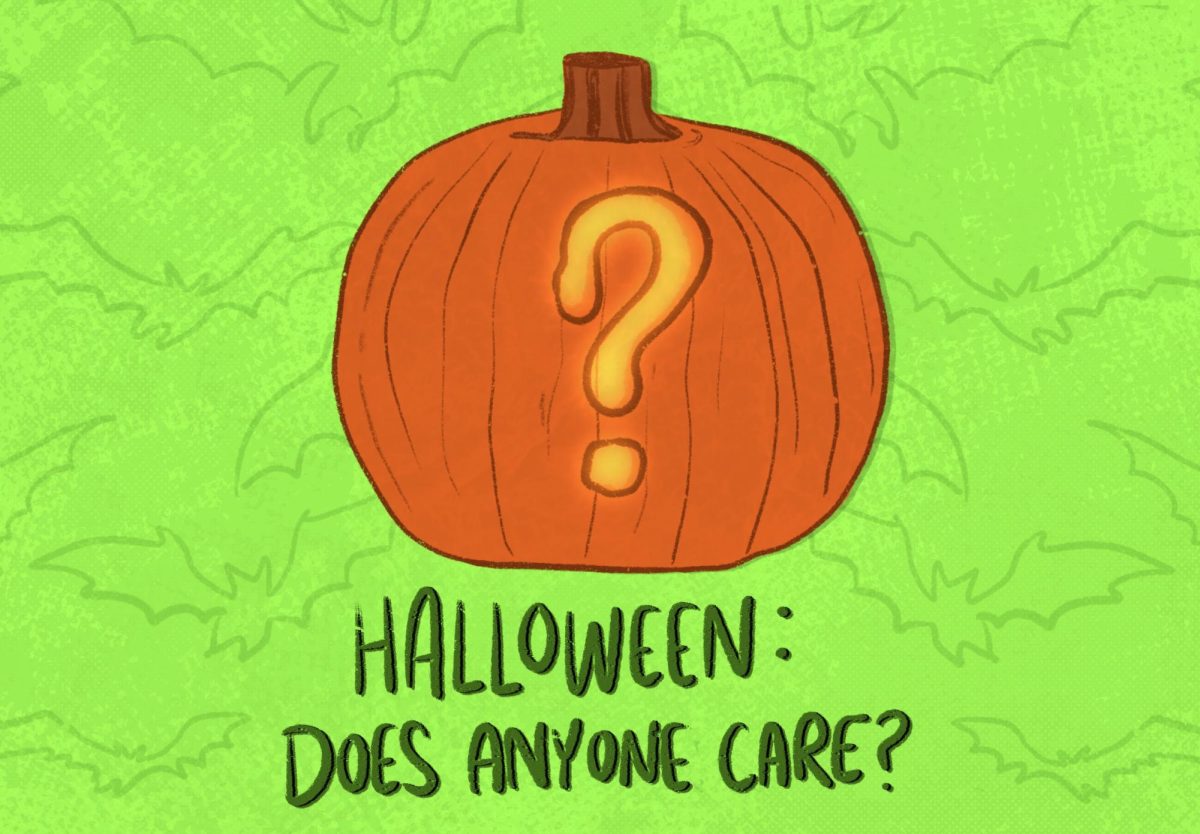Does the First Amendment allow states to make it a criminal offense to disseminate false statements about a political candidate?
Should citizens who fear that their free speech will be chilled by such a law be permitted to challenge it?
Only the second question was argued before the Supreme Court.
If the court rules that the Susan B. Anthony List, an antiabortion group, may not challenge Ohio’s criminalization of false political speech, that law and similar ones in other states will remain on the books.
Ohio’s law prohibits false statements about a candidate if they are made knowingly or with reckless disregard of whether they might be false.
If the Ohio Elections Commission decides the law was violated, it “shall refer” the matter to prosecutors.
During the 2010 election campaign, the Susan B. Anthony List planned to post an ad on billboards accusing then-Rep. Steven Driehaus, D-Ohio, of voting “for taxpayer-funded abortion” when he supported the Affordable Care Act.
Driehaus learned about the forthcoming ad and complained to the commission.
Fearing legal consequences, the ad agency that owned the billboard space refused to post the ad.
A three-member panel of the commission found “probable cause” that the statement was false.
The Susan B. Anthony List tried to challenge the constitutionality of the law, saying that it had the effect of “chilling” political speech, but the U.S. 6th Circuit Court of Appeals wouldn’t consider the group’s objection.
The court reasoned that no “case or controversy” existed because the full elections commission never made a final decision on Driehaus’ complaint and because the group couldn’t establish that it faced an “imminent threat” of prosecution.
The 6th Circuit’s decision should be overturned by the Supreme Court.
Citizens who believe that a law chills speech shouldn’t have to surmount high legal hurdles to challenge it in court.
If the court were to consider the constitutionality of Ohio’s law, there are good reasons to believe it would be struck down.
In 2012, the justices invalidated a federal law making it a crime for a person to falsely claim to have received military honors.
In that decision, Justice Anthony M. Kennedy wrote: “The remedy for speech that is false is speech that is true.”
In extreme cases, a politician who feels his reputation has been besmirched by a false statement may file a civil libel suit.
But using criminal law to police truth in political debate is unnecessary and invites abuse.
A ruling for the Susan B. Anthony List in this case would be a first step toward recognition of that principle.
Times editorial board
Los Angeles Times






